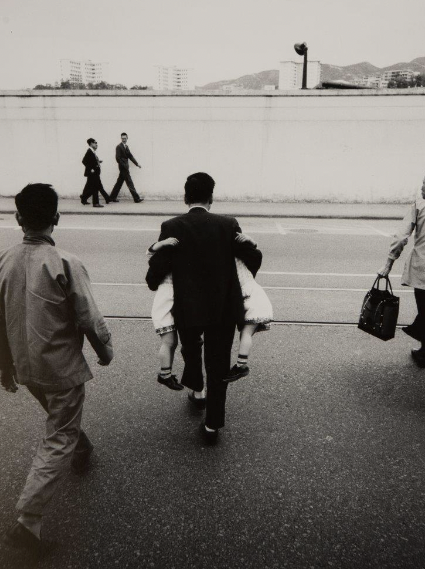Iqra Athar ’26
News Editor
On Oct. 24, Rebecca Irakiza ’25 presented her Project for Peace initiative “The Water for Peace Project: Bringing Rugombo’s Community Members Together to Rehabilitate Water Boreholes.” The presentation took place at 70 Vernon Street from 12:15 to 1:15 p.m. and was attended by about 20 people, including students and faculty members. Lunch was provided for all participants.
The Water for Peace Project is part of the global Projects for Peace program that awards $10,000 grants to student leaders from more than 100 campuses to implement community-centered projects addressing pressing global issues. This year, Projects for Peace announced a cohort of 129 projects from 94 partner institutions, many addressing issues related to health and well-being. Since its founding in 2007, the program has funded over 2,200 projects nominated by partner colleges.
Irakiza, a member of the 2024 Projects for Peace cohort, explained during her presentation that her project focused on addressing the water scarcity faced by the Rugombo community in Burundi. Partnering with Godiolla Akimana, who graduated last year from the American University of Beirut in Lebanon and was not present at the speech, Irakiza stated, “Waterborne diseases remain a substantial public health concern and our project aims to improve health and quality of life through sustainable access to safe water.”
The project’s key activities included rehabilitating ten broken boreholes and training local water technicians to ensure ongoing maintenance. Irakiza partnered with the local NGO Water for Development, which helped navigate the bureaucratic processes necessary for project implementation and helped in addressing the lack of community involvement in previous interventions by NGOs. She emphasized that successful projects must integrate the local population in every step, stating, “Community involvement is crucial; locals know their needs best.”
Throughout the summer, Irakiza and her team conducted assessments, trained technicians and worked directly with the community, gathering feedback and adapting their approach based on local needs. By the end of the project, they successfully reached over 800 households, benefiting around 5,000 individuals. The long-term impact of the project is expected to include a reduction in waterborne diseases and improved community self-reliance. “We hope to create a system where the community can manage their water resources effectively and sustainably,” Irakiza said. She also expressed her desire to expand the project in the future, potentially incorporating solar-powered water systems to further enhance accessibility.
In an interview with Tripod, Irakiza highlighted the impact her classes at Trinity College had on her project. She mentioned that her health psychology class helped her understand the social determinants of health, providing a strong foundation for recognizing the factors affecting community health. Additionally, a human rights class, where she designed a project to assist children of incarcerated parents, equipped her with valuable skills in proposal writing and project design. “Every time I go to class, I connect the issues we study to home because I want to do something that helps my community,” she said.
Looking back at her project, Irakiza emphasized the transformative experience she had as she witnessed the power of community-centered solutions. “Community-led development is essential. It empowers individuals to assess their needs and work together toward solutions,” she explained. “This project reinforced my belief that local voices must be at the forefront of any development initiative.”
As Irakiza continues her academic journey at Trinity College, her dedication to serving her community through the Water for Peace Project exemplifies the spirit of Projects for Peace. Reflecting on her journey, Irakiza said, “This project was more than just a humanitarian endeavor; it was a catalyst for social cohesion in my community.”
For more information on Projects for Peace, email Gabby Nelson, the Associate Director for the Center for Urban and Global Studies.






+ There are no comments
Add yours